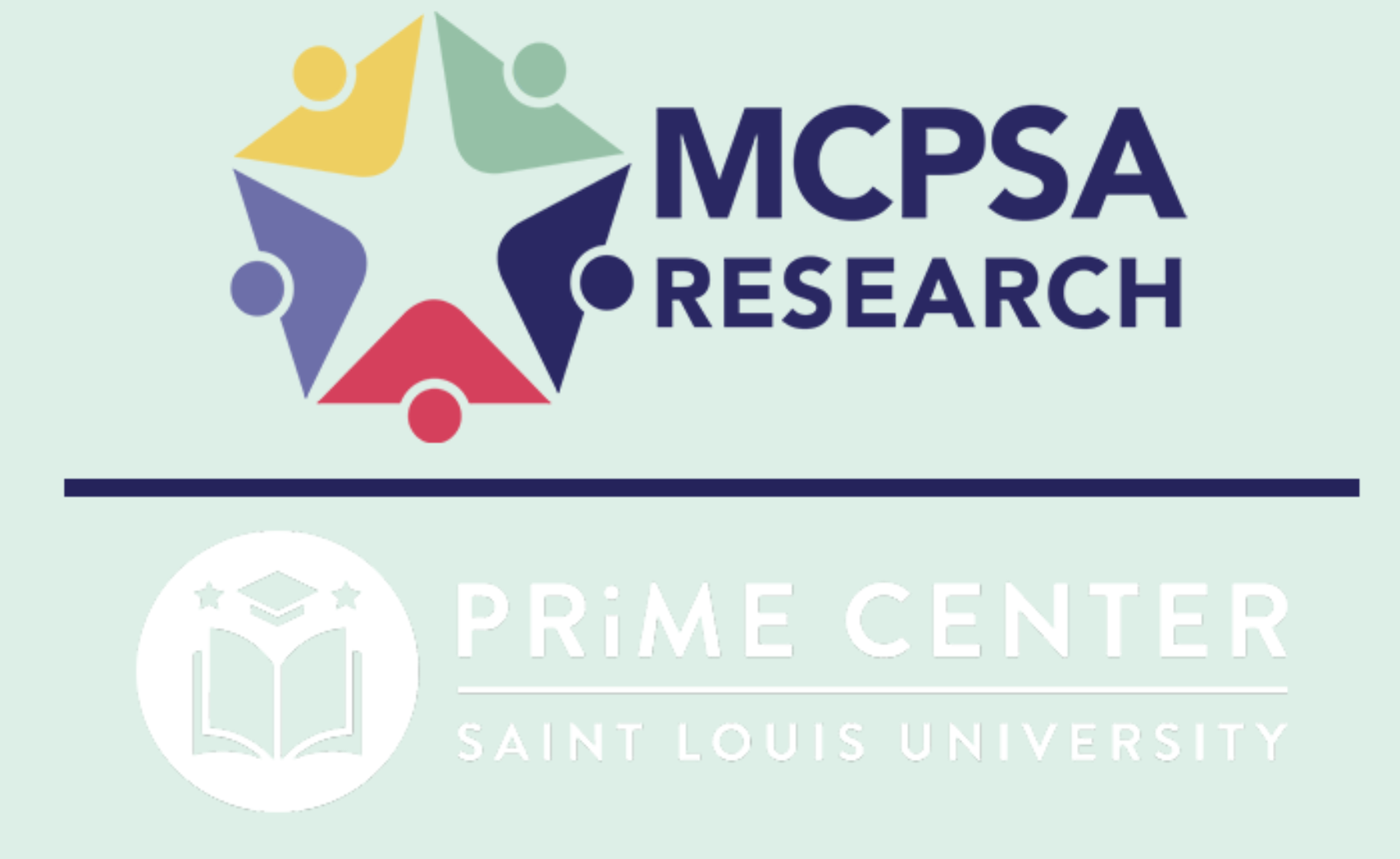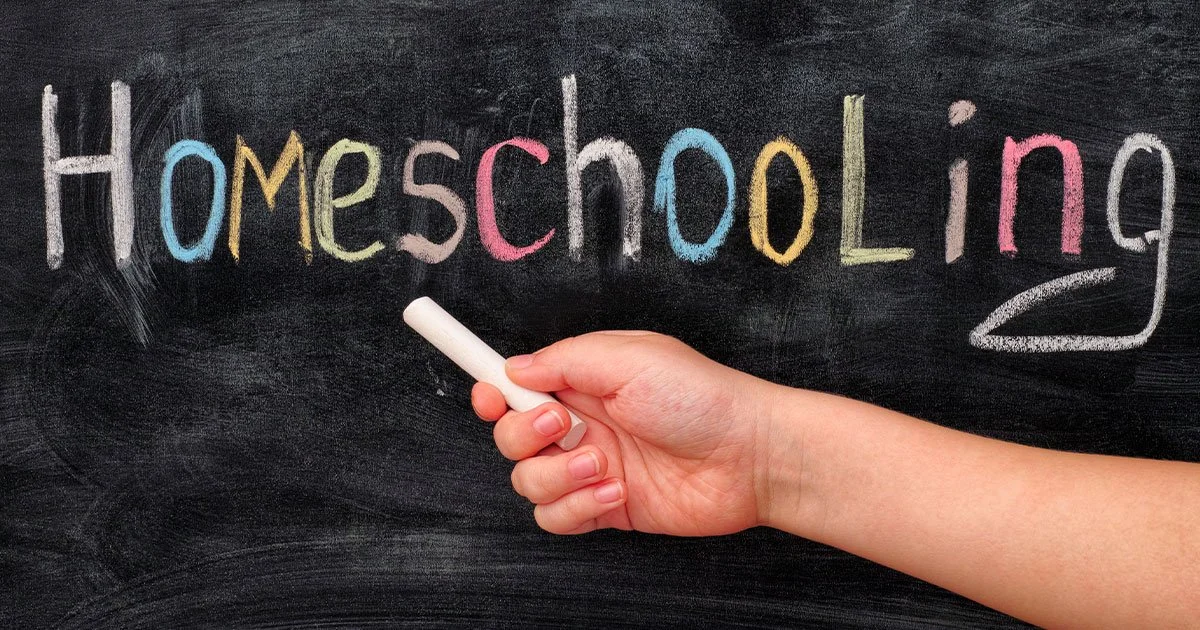
UPDATES ON EDUCATION RESEARCH AND POLICY
NEW POSTS WEEKLY!
We want to help lawmakers, educators, and families make decisions about education by providing updates on national, regional and Missouri-specific research. While we strive to be objective, we want to facilitate discussion and will occasionally offer our own views on this blog.
Displacement of Black Teachers in Missouri Post-Brown Summary and Coverage
A summary and overview of news coverage of Joseph. R. Nichols, Jr., Ph.D. and Alyssa Ignaczak, M.Ed.’s report on Displacement of Black Teachers in Missouri Post-Brown, 1954-1970.
Count Day in Missouri
Every fall and winter, Missouri schools take part in what may seem like a routine data task: reporting student enrollment on Count Day. But this process is more than a clerical requirement. The numbers submitted on these days drive state funding, federal allocations, and accountability systems that shape the resources and opportunities available to students across the state.
Growth Data Summit News Coverage
Last week, the PRiME Center hosted a data summit series to discuss The Missouri Growth Score Model and how it is being used to highlight school and instructional achievement.
Artificial Intelligence (AI) in Missouri Schools
The use of Artificial Intelligence is on the rise in classrooms across the country, and while some districts have begun implementing guidelines and integrating AI tools into their schools, Missouri does not yet have a formal policy in place.
NEW: Expanded Analysis of High School Start Times in Missouri
The PRiME Center provides an updated analysis of high school start times across the state of Missouri.
PRiME Growth Report: Special Edition
Since 2019 the PRiME Center has issued reports that feature the highest growth schools in Missouri, translating state growth data into a scale that parents, educators and policymakers can use. Our recent Special Edition of the PRiME Growth Report Series examines the average PRiME Growth Scores of schools since COVID, over the three periods where we have full data: the 2021–22, 2022–23, and 2023–24 school years.
Statewide Ban on Cell Phones in Missouri Schools: What Does It Mean, Who is Affected, and How Do Missouri Voters Feel About it?
On July 9, 2025, Missouri Governor Mike Kehoe signed Senate Bill 68 into law, enacting a statewide ban on electronic communication devices in Missouri public and charter schools beginning with the 2025–26 academic year. This bill comes in response to growing concerns among Missourians about technology in the classroom and reflects a broader desire to promote educational attainment, safety, and effective working environments for employees in Missouri schools.
Academic Growth in Rural Schools: A Special Edition of PRiME’s Growth Reports
When we talk about how students are doing in subjects like reading and math, it’s more helpful to look at how much they grow over time rather than just where they stand at one moment. This report continues the PRiME Center’s efforts to highlight Missouri’s excellent schools by examining student growth in the state's most rural schools over the last three years.
Reflections from a Charter School Trailblazer: Collin Hitt and Kelly Garrett sit down to discuss Garrett’s 14 years of leadership at KIPP St. Louis
Reflections from a Charter School Trailblazer: Collin Hitt and Kelly Garrett sit down to discuss Garrett’s 14 years of leadership at KIPP St. Louis
PRiME In the News: PRiME’s Dr. Courtney Vahle discusses Missouri absenteeism
In April, PRiME’s Director of Operations, Dr. Courtney Vahle, sat down with KOMU 8 and Fox23 NOW to discuss chronic absenteeism and her corresponding co-authored report, Empty Desks: An Analysis of Chronic Absenteeism in Missouri Schools (co-authored with PRiME affiliate researcher, Dr. Margaret Powers).
PRiME In the News: Collin Hitt on Homeschooling in Missouri
This report, focused on homeschooling in Missouri, found through estimations that of the over one million school-aged children in Missouri, 61,000 (6% of all school-age children) are homeschooled.
PRiME in the NEWS: Courtney Vahle “We need to rethink school start times in Missouri'“
In the fall of 2024, PRiME’s Director of Operations, Dr. Courtney Vahle (With co-author, Paul Wunnenberg) took a deep dive into high school start times across Missouri. After compiling a first-of-its-kind, comprehensive dataset of Missouri high school start times, containing 295 high schools from 230 school districts across the state, the authors found that the Missouri statewide average start time, 7:48 AM, is a full 42 minutes earlier than the American Academy of Pediatrics (AAP) recommends.
Over 34,000 Missouri Students Lacked Stable Housing Last School Year—Here’s Why That Matters
In Missouri, student homelessness is not just a growing crisis—it’s an urgent education policy issue. According to our new report, more than 34,000 students in Missouri’s public schools were identified as experiencing homelessness during the 2022–23 academic year. That’s 1 in every 25 students, far higher than the national average. While Missouri makes up just 1.8% of the U.S. population, it accounts for 2.5% of all students identified as homeless nationwide—an overrepresentation that demands serious attention.
Examining the Mentoring Experiences of First-Year Teachers in Missouri
The US Department of Education released a report yesterday by, among others at the Regional Education Laboratory (REL) Central, PRiME’s own Kathryn Coleman, Collin Hitt, and Saint Louis University School of Education Dean, Gary Ritter.
The report examined features of early-career teacher mentoring for the purposes of understanding its effects on teacher retention within schools. The study was requested by the Missouri Department of Elementary and Secondary Education (MO DESE) toward the goal of improving teacher retention in Missouri.
The study found that more than half of first-year teachers met with their mentors multiple times per month, but the amount of time and specific activities of the meetings varied widely.
To read more, find the full report here.
A Tale of Two Tests
When it comes to student achievement in Missouri, the story depends on which test you’re reading. Since the COVID-19 pandemic, Missouri students—like students across the country—have faced significant academic challenges. The National Assessment of Educational Progress (NAEP), often referred to as the "Nation’s Report Card," tells us that reading and math scores in Missouri have dropped dramatically for both 4th and 8th graders. But a look at the state’s own MAP (Missouri Assessment Program) test results paints a different picture: only slight declines, and in some cases, no decline at all.
PRiME in the News: PRiME Growth Scores Featured in STL Magazine
Each year, Missouri gives standardized tests to all public school kids grades 3 through 8 to gauge their proficiency in math and English. In the 2023–2024 school year, only a tenth of KIPP Wonder’s kids who took the tests scored “proficient” in English. That’s 31 points below the state average. But it’s just a snapshot—and, in large part, due to factors outside any school’s control, such as community and family resources. Missouri also calculates a growth metric, one that Collin Hitt, the executive director of Saint Louis University’s education policy group, PRiME Center, calls “the best in the country.” It asks the question: How far did students move forward in a subject, regardless of where they started, and in comparison to other similarly situated students? And on that metric, KIPP Wonder showed the second largest average leap in English of all public elementary schools in Missouri, according to a PRiME analysis. (They were second only to a school in the Ozarks.)
PRiME in the News: PRiME Growth Scores Featured in STL Magazine
Each year, Missouri gives standardized tests to all public school kids grades 3 through 8 to gauge their proficiency in math and English. In the 2023–2024 school year, only a tenth of KIPP Wonder’s kids who took the tests scored “proficient” in English. That’s 31 points below the state average. But it’s just a snapshot—and, in large part, due to factors outside any school’s control, such as community and family resources. Missouri also calculates a growth metric, one that Collin Hitt, the executive director of Saint Louis University’s education policy group, PRiME Center, calls “the best in the country.” It asks the question: How far did students move forward in a subject, regardless of where they started, and in comparison to other similarly situated students? And on that metric, KIPP Wonder showed the second largest average leap in English of all public elementary schools in Missouri, according to a PRiME analysis. (They were second only to a school in the Ozarks.)


















